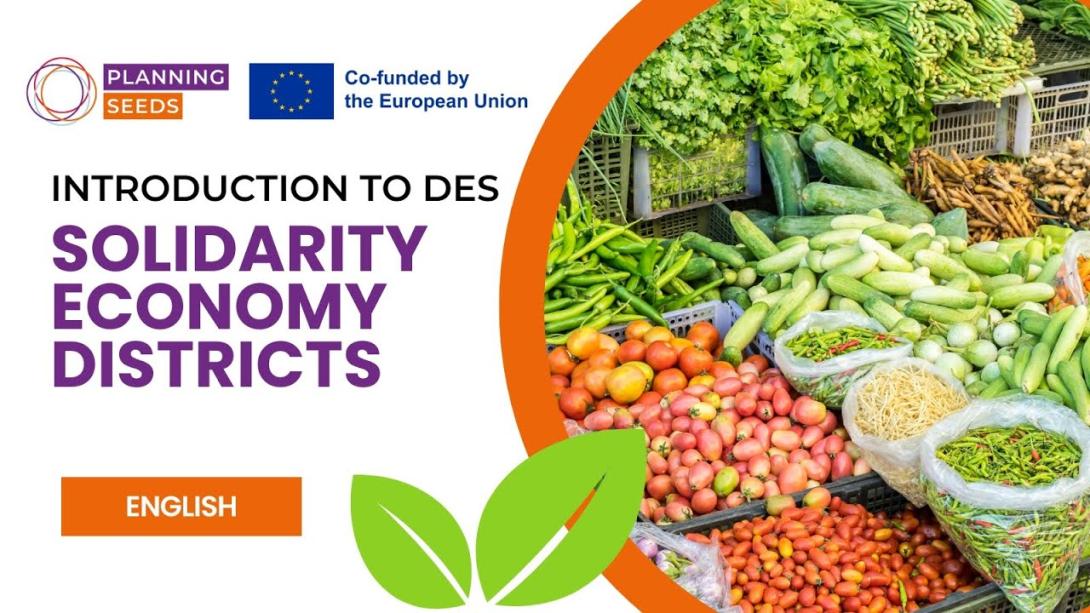
In today's video, we bring you an in-depth interview with representatives from the Verona Solidarity Economy District (DES). We will discover how the movement started, its roots in the Lilliput network in Varese, and how it has grown over the years to become an established reality in the field of solidarity economy.
Topics covered in the video:
- The origins of the DES: The history of the movement, from its early steps taken over 20 years ago thanks to the Lilliput network, to the founding of the DES in Varese and Verona.
- The Lilliput network and the G8: How awareness of global dynamics, such as those of the G8, the International Monetary Fund, and the World Bank, influenced the birth of the DES.
- The transition from theory to practice: The shift from the motto "Another world is possible" to "Another world is under construction," marking the beginning of concrete and practical initiatives.
- The birth of Solidarity Purchase Groups (GAS): The importance of GAS in building a local solidarity economy.
- The internal organization of the DES: The creation of working groups for mapping, fairs, and the charter of principles.
- The role of fairs: The first DES fair and its evolution up to 2015, becoming an annual event of great importance.
- The evolution into a second-level association: How the DES transformed, including associations, cooperatives, and companies as ordinary members.
- Networking and awareness work: The crucial role of the DES in connecting producers, associations, and citizens.
- Projects and working groups: The main working groups active in the DES, such as the PPDO (Small Ethical Organized Distribution) group, the GAS network group, and other projects like co-housing and energy.
- Social and economic impact: The concrete results achieved by the DES, such as the creation of local producer networks and the promotion of sustainable e-commerce.
If you are interested in learning how the solidarity economy can transform local communities, this video is for you. Discover the stories of those who have decided to commit to a fairer and more sustainable world.
This video is part of the educational materials of the Planning Seeds project.
Planning Seeds aims to create a shared European methodological framework and a Manual for the creation and management of Solidarity Economy Districts (DES). Extending from a level of local experimentation to a shared common methodology, Solidarity Economy Districts can increase resilience by promoting various rural-urban connections, reducing dependence on external factors, and supporting participatory governance to produce proactive and integrated policies.
You can find more information about the project at the Planning Seeds website.

Add new comment